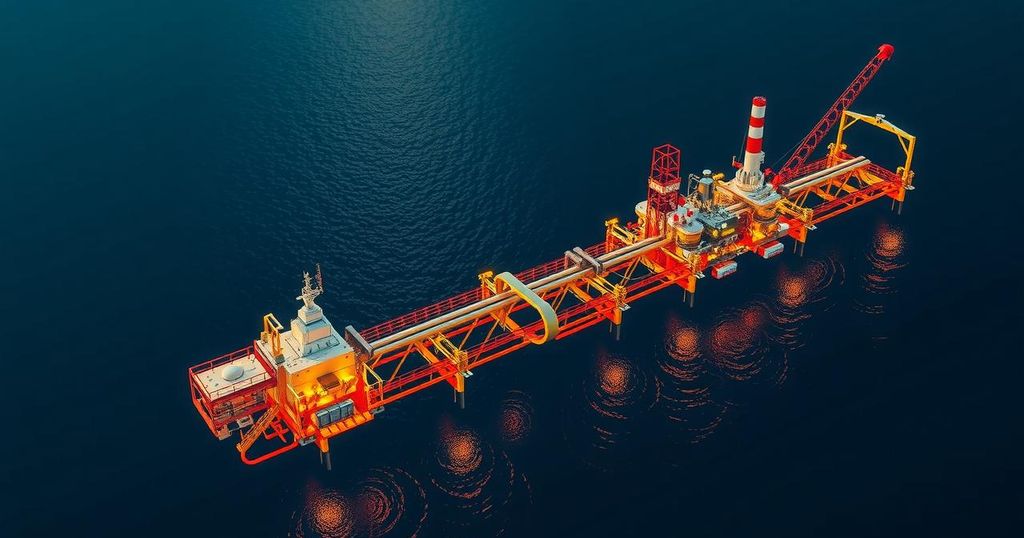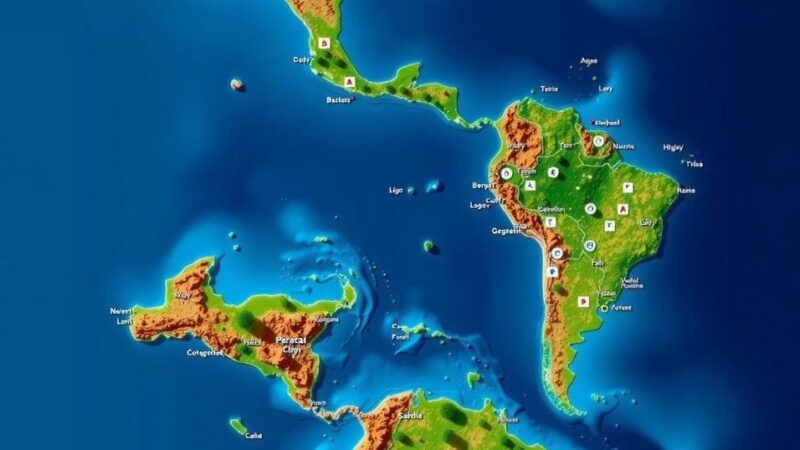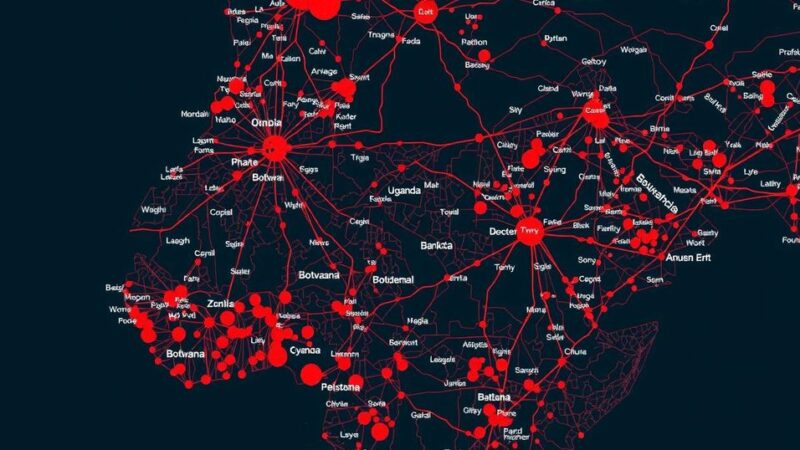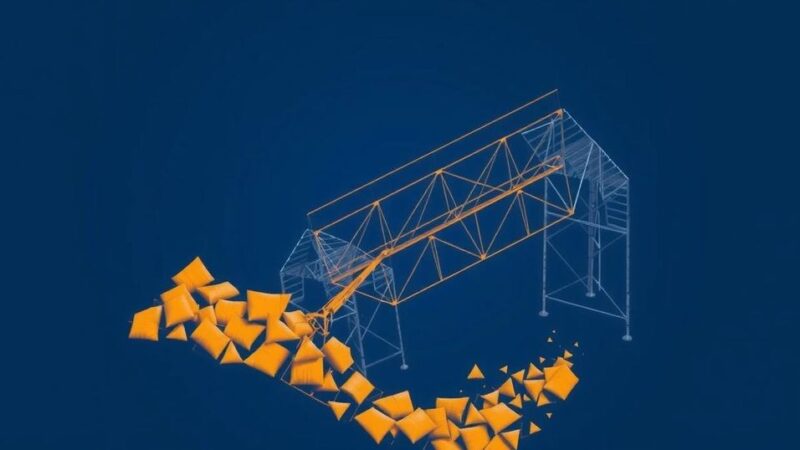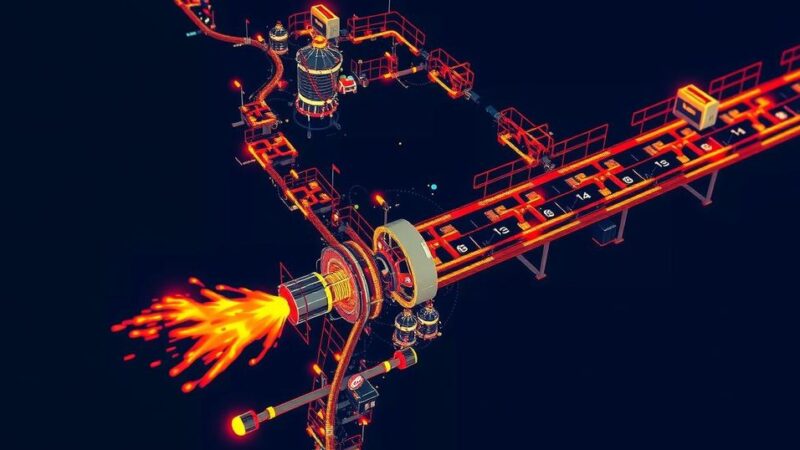Brazil’s Grupo Matrix Energia and Argentina’s TotalEnergies have partnered with Bolivia’s YPFB to transport gas from Argentina’s Vaca Muerta. The collaboration aims to utilize Bolivia’s transport network, enhancing regional energy integration. Argentina seeks to become a gas exporter, while YPFB’s infrastructure supports this initiative. YPF is also working on funding for a pipeline project to boost oil transport from Vaca Muerta.
Brazil’s Grupo Matrix Energia and Argentina’s TotalEnergies have partnered with Bolivia’s state energy entity, YPFB, to facilitate the transportation of natural gas from the Vaca Muerta shale formation in Argentina. The agreement, which was finalized on November 22, aims to revitalize regional energy dynamics by leveraging Bolivia’s established gas transport infrastructure. YPFB emphasized that this initiative is pivotal in connecting Argentine gas supplies to Brazilian markets, thereby advancing regional energy synergy.
Once a significant gas exporter, Bolivia has faced decreasing export volumes, leading Argentina and Brazil to assess new logistics alternatives. Argentina, which holds vast shale gas reserves, is gearing up for gas exports, yet it still needs to enhance its pipeline network and negotiate the needed commercial frameworks for transport tariffs.
The agreement permits YPFB’s transportation companies to oversee the distribution of natural gas through its 1,000-kilometer pipeline network linking Argentina to Brazil. Furthermore, TotalEnergies and Matrix Energia have secured a purchase and sales contract in conjunction with the transportation agreement. YPFB attested that TotalEnergies has received two permits for the export of gas from the Austral and Neuquen Basins to Brazil.
Additionally, YPF is reportedly consolidating its liquefied natural gas (LNG) project with Pan American Energy Group and Golar LNG, a strategic maneuver anticipated to enhance production and export capacities from the Vaca Muerta formation, thus solidifying Argentina’s standing in the global LNG arena. YPF is also in the process of securing $2 billion in funding for its Vaca Muerta Sur pipeline, which is projected to facilitate the transport of 390,000 barrels of oil daily to export terminals in Rio Negro province, Argentina.
In the context of regional energy trading, Bolivia, Argentina, and Brazil are working together to address the evolving demand and supply factors of natural gas. Bolivia’s energy company, YPFB, has recently shifted focus towards enhancing its energy transport capacity, particularly in light of declining export levels. Argentina, with its significant shale gas potential, aims to position itself competitively in the energy market while simultaneously improving its pipeline infrastructure to ensure efficient delivery to neighboring countries. The collaboration among these nations indicates a strategic alliance aimed at regional energy security and economic sustainability.
The partnership formed among Brazil, Argentina, and Bolivia marks a critical development in the regional energy landscape, aiming to optimize the flow of natural gas from Argentina to Brazilian consumers. With ongoing investments in infrastructure and cooperative agreements, the involved countries are set to bolster their energy integration efforts, enhancing their positions in the global energy market. This alignment is particularly significant as the nations navigate the shifting dynamics of energy supply and demand in South America.
Original Source: www.offshore-technology.com
